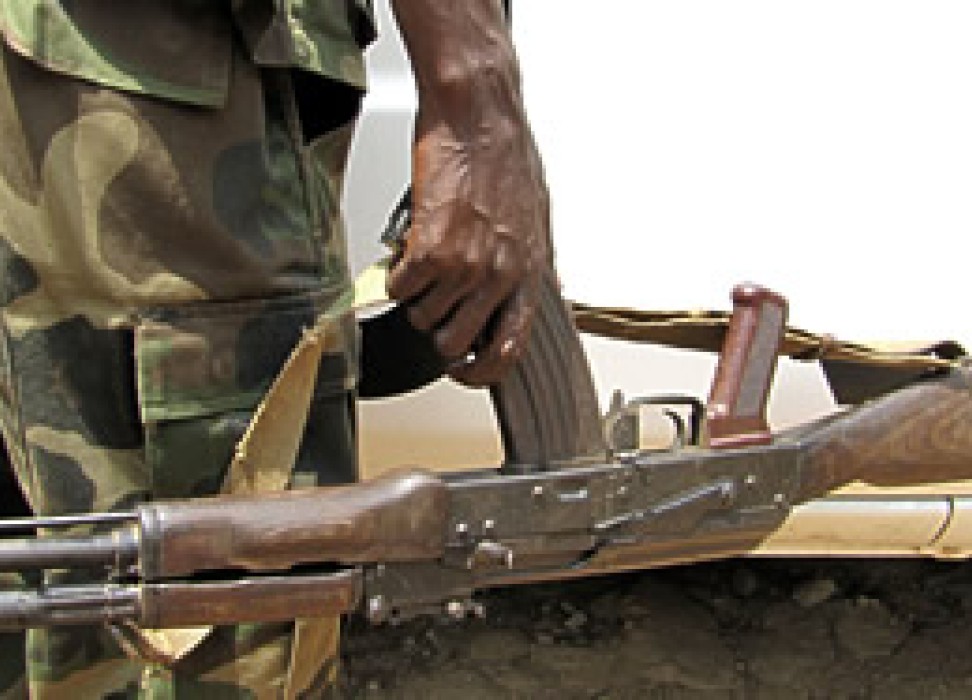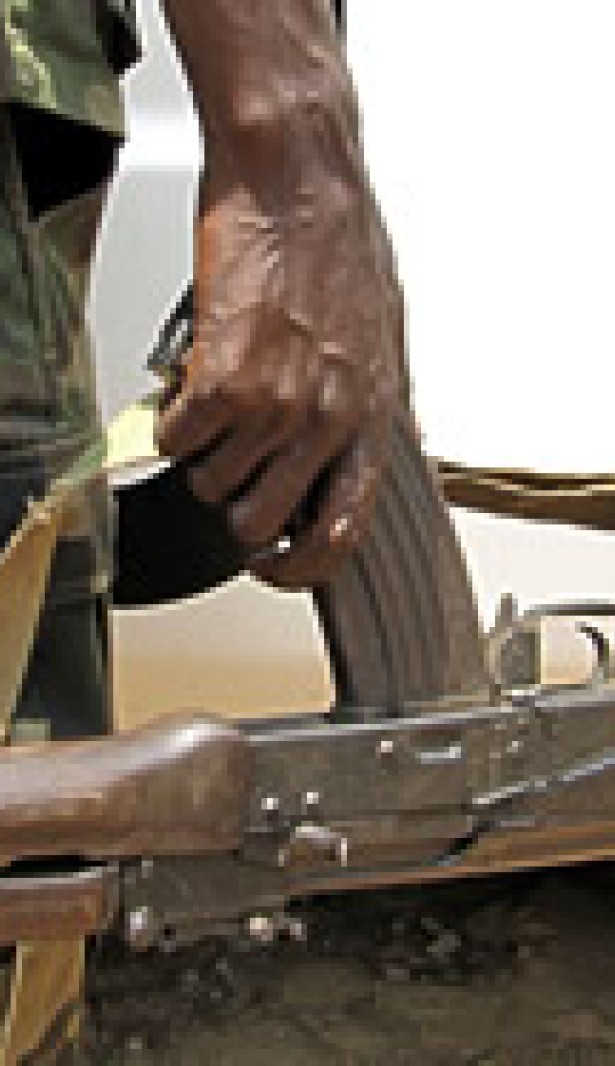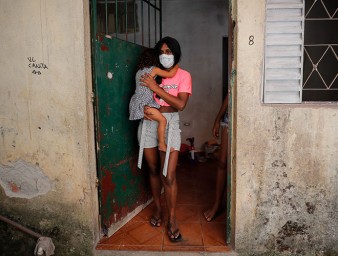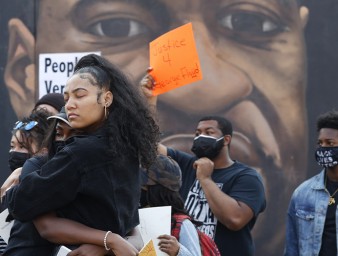Experts call for proper oversight of private military and security firms working for the UN
03 сентября 2013

The United Nations Working Group on the Use of Mercenaries, an independent team of experts mandated by the United Nations Human Rights Council, held an interactive panel discussion in New York to discuss the growing practice of contracting private military and security companies (PMSCs) by the United Nations.
“The UN should serve as a model for Member States and other organizations that contract these companies and should ensure proper standards and oversight when outsourcing security functions to the private sector,” said Anton Katz, the Working Group’s Chair-Rapporteur. Katz currently chairs the expert group, which monitors and reports on the activities of companies providing military assistance, consultancy and security services on the international market.
“Without proper standards and oversight, the outsourcing of security functions by the UN to private companies could have a negative effect on the effectiveness and image of the UN in the field,” he said.
United Nations staff members work in increasingly dangerous situations, including in conflict areas where host countries may be unable to provide adequate security. As a result, the United Nations often has to resort to the contracting of PMSCs for various services ranging from logistical support, risk assessments and support for humanitarian activities, to security training, advisory services, security escorts and guard services.
The five-member Working Group has held private meetings with various stakeholders, including Member States, civil society representatives, UN officials and representatives of PMSCs, in an effort to investigate this issue and present its findings and recommendations in its report to the UN General Assembly in 2014.
The panel discussion, held in late July, brought together representatives of these groups during two panel sessions, which addressed the issue of the contracting of armed guards, and the use of PMSCs in UN peacekeeping and peace-building operations. With the increasing use of private companies comes the growing awareness of the need for more background information and for the regulation of the conduct of these private contractors. A major concern that emerged from the discussion was the need for a vetting process of security contractors, especially with regard to their possible prior involvement in human rights violations.
There has been some progress in regulating the conduct of PMSCs, both by the UN and also by other intergovernmental mechanisms. For example, the international process spearheaded by the International Committee of the Red Cross and the Swiss Government that led to the 2008 Montreux Document on Private Military and Security Companies, reaffirms the obligation of States to ensure that these private companies comply with international human rights law. Furthermore, the Government of Switzerland initiated in 2010 a multi-stakeholder initiative aiming at regulating private security contractors and improving their oversight and accountability, which culminated in the issue of the International Code of Conduct for Private Security Service Providers.
According to Faiza Patel, a member of the Working Group, these documents are however, not legally binding and several participants in the discussion spoke of the need for more rigorous regulation, especially bearing in mind that many of the countries providing security contractors do not have such a framework in place.
This is of particular importance in some UN missions where private security services might not be contracted by the UN, but rather by a Member State. During the discussion, expert Ase Gilje Ostensen said that some PMSCs “sometimes deliver their services within UN operations with little awareness of or oversight by the UN at all.” Sabelo Gumedze of the Private Security Industry Regulatory Authority in South Africa recalled a situation where PMSC guards working with a UN field mission reported directly only to the Member State that contracted their services. Hence, more work needs to be done, including establishing an oversight mechanism that would ensure that PMSCs are held accountable for any human rights violations committed while in service of the UN.
Lou Pingeot of the Global Policy Forum noted that it is in fact impossible to separate the discussion on the increased presence of PMSCs from the debate on the changing mandates of UN operations in dangerous situations, and the “bunkerization” effect whereby UN staff members are increasingly protected behind fortified compounds and barbed wires.
Rick Cottam, representative of the UN’s staff unions added that “twenty years ago, the protection of a blue UN flag was paramount and respected more or less by all,” but in the last few years we have witnessed many attacks directed at UN staff.
The expert body has drafted a possible international convention on PMSCs and provided an overview of the UN policy regarding the use of PMSCs, in its report to the UN General Assembly in 2010. The Working Group is due to report on the findings of its year-long study on the use of PMSCS by the UN to the General Assembly in 2014.
3 September 2013




